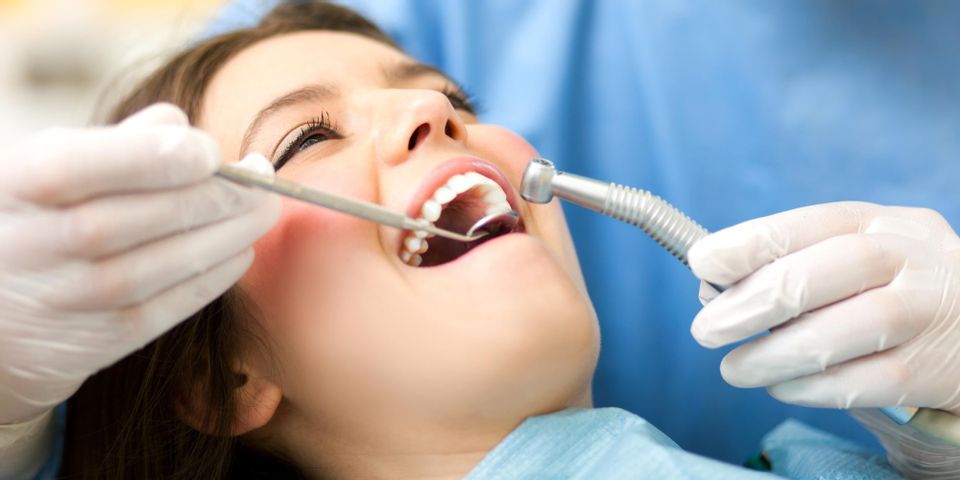The Ultimate Guide to Getting a Root Canal

Root canals are common dental procedures, but few patients understand when, why, and how they’re done. If the dentist has recommended it, learning more about it may ease your nerves and prepare you for the appointment. Below is a guide to the basic information you should know before the procedure.
Why Are They Necessary?
A root canal is the last option to save a tooth before you need an extraction. Severe decay, infection, or trauma that has reached the nerves and root of the tooth can cause intense pain and leave the tooth vulnerable to recurring infection or further damage.
You’ll need the procedure if the damage to your tooth is too severe for a filling or crown alone, such as with an abscess or decay that reaches the root. A canal procedure will clear out any damaged or infected tissue, fill the space with a special dental material, and then top the tooth with a crown. The process will restore normal function and appearance to your tooth and protect it from further decay or damage.
What Happens at the Appointment?
If the cause of your procedure is an infection, you’ll be given a course of antibiotics to clear the issue before the root canal. You and the dentist will also decide on what type of sedation to, such as medication to relax you, laughing gas, or general anesthesia. This choice depends on your preference and health.
 Once you’re completely numb and comfortable, the procedure will start with the gentle clearing away of any damaged, decayed, or infected tissue inside the tooth, including the canals that lead to the root and the root itself. They may fill the cavity with medicine to prevent infection and then cover it with a rubber-like material and a temporary filling while you recover. Once it’s healed, you’ll receive a permanent filling, crown, or both to protect the inside of the tooth.
Once you’re completely numb and comfortable, the procedure will start with the gentle clearing away of any damaged, decayed, or infected tissue inside the tooth, including the canals that lead to the root and the root itself. They may fill the cavity with medicine to prevent infection and then cover it with a rubber-like material and a temporary filling while you recover. Once it’s healed, you’ll receive a permanent filling, crown, or both to protect the inside of the tooth.
What Is Recovery Like?
Since the nerves inside your tooth have been removed, recovery should involve only minimal discomfort, if any. Your dental office will recommend pain relievers if needed. You’ll be groggy for up to 24 hours from the sedation, and you should stick to soft or liquid foods for a few days.
Avoid biting down with that tooth completely until you have a permanent filling or crown. Continue to brush and floss as normal to prevent infection, and attend all follow-up appointments to check on your progress.
The team at Preventive Dental Services, PC in Homer, AK, will perform your root canal with minimal discomfort and attentive care. Their team has over 40 years of combined experience, and they offer complete dental care at competitive prices. Learn more about their procedures from their website, and call (907) 235-1286 to schedule your consultation today.
About the Business
Have a question? Ask the experts!
Send your question

